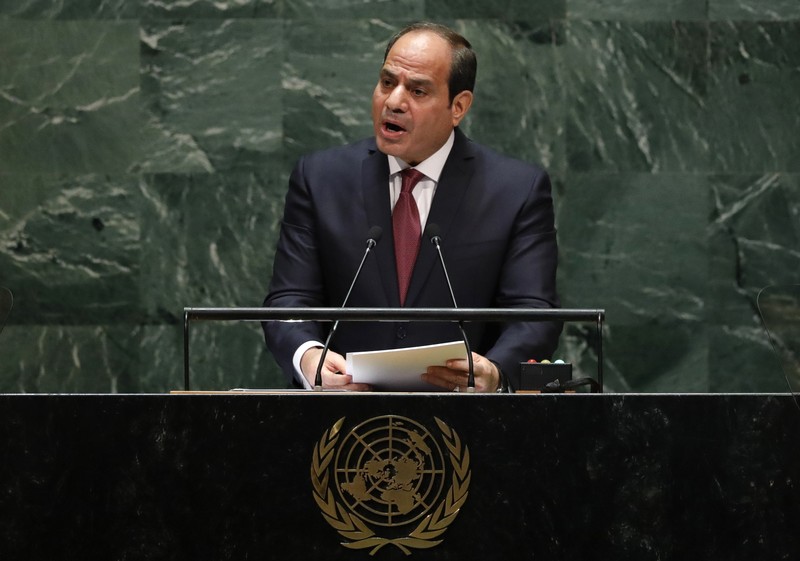
FILE PHOTO: A man walks past the Bank of England in the City of London, Britain, February 7, 2019. REUTERS/Hannah McKay/File Photo
September 27, 2019
By David Milliken
BARNSLEY, England (Reuters) – The Bank of England may well need to cut interest rates in the likely scenario that high levels of uncertainty over Brexit persist, BoE policymaker Michael Saunders said on Friday in the first clear signal that it is considering a cut.
Last week, without directly raising the prospect of cutting interest rates, the Bank of England said Brexit uncertainty and slower world growth were increasingly causing Britain’s economy to perform below potential.
But Saunders told local businesses in Barnsley, northern England that if Britain avoided a no-deal Brexit, “I think it is quite plausible that the next move in Bank Rate would be down rather than up.”
After the comments, sterling <GBP=> fell by around half a cent against the dollar to a three-week low, and government bond yields <GB10YT=RR> broadly dropped around 4 basis points as investors priced in the increased chance of lower borrowing costs.
Prime Minister Boris Johnson has pledged to take Britain out of the European Union by Oct. 31, without any transition agreement if necessary, but is in a standoff with parliament which has voted to block a no-deal departure next month.
Saunders said his view was that even if a no-deal was avoided, high levels of Brexit uncertainty would persist and act as a kind of “slow puncture” for the UK economy, having already caused underlying growth to slow to a crawl.
“In this case, it might well be appropriate to maintain a highly accommodative monetary policy stance for an extended period and perhaps to loosen policy at some stage, especially if global growth remains disappointing,” he said.
As recently as June, Saunders saw a risk that the economy might overheat and that rates could need to rise faster than markets expected. He was also the first member of the bank’s current monetary policy council to vote for hikes in 2017 and 2018.
However, the chances of a ‘smooth’ Brexit – the BoE’s main scenario at the start of August – had lessened, he said.
“Even without a no-deal Brexit, a scenario of persistently high uncertainty is probably the most likely outcome. That would probably imply continued weakness in business confidence and investment, with softer job growth that drags on consumer spending,” he said.
Simply waiting to see what happened with Brexit risked leading to inappropriate monetary policy, and the cost of reversing a rate cut if the outlook brightened would be low, Saunders added at the event hosted by the Barnsley and Rotherham Chamber of Commerce and Institute of Chartered Accountants.
“In general, I would prefer to be nimble… and accepting that it may be necessary to change course if the outlook changes significantly,” he said.
OPTIONS OPEN IF NO DEAL
Saunders still agreed with recent BoE guidance that a limited and gradual increase in interest rates would be needed over the medium term, if Brexit uncertainty reduced significantly and global growth perked up a bit.
In the event of a no-deal Brexit, Saunders repeated the BoE position that all policy options would be open, depending on the damage to growth and how much inflation spiked from a likely fall in sterling.
Earlier this month, BoE Governor Mark Carney estimated in a worst-case, chaotic scenario that a no-deal Brexit could reduce the size of the economy by 5.5%. The Paris-based OECD has predicted a 2% hit in the case of a more managed no-deal Brexit.
Saunders was clear that a no-deal Brexit – advocated by some Brexit supporters as a way to resolve the uncertainty facing businesses – was not a good solution. “This would probably immediately leave some firms unprofitable. Others might face longer-term questions about their viability, or whether they would be better off relocating.”
(Reporting by David Milliken; Editing by Mark Potter and John Stonestreet)

